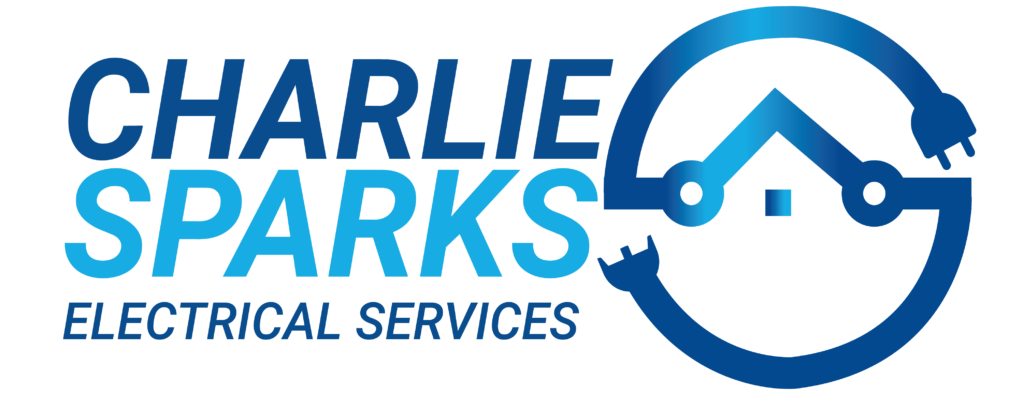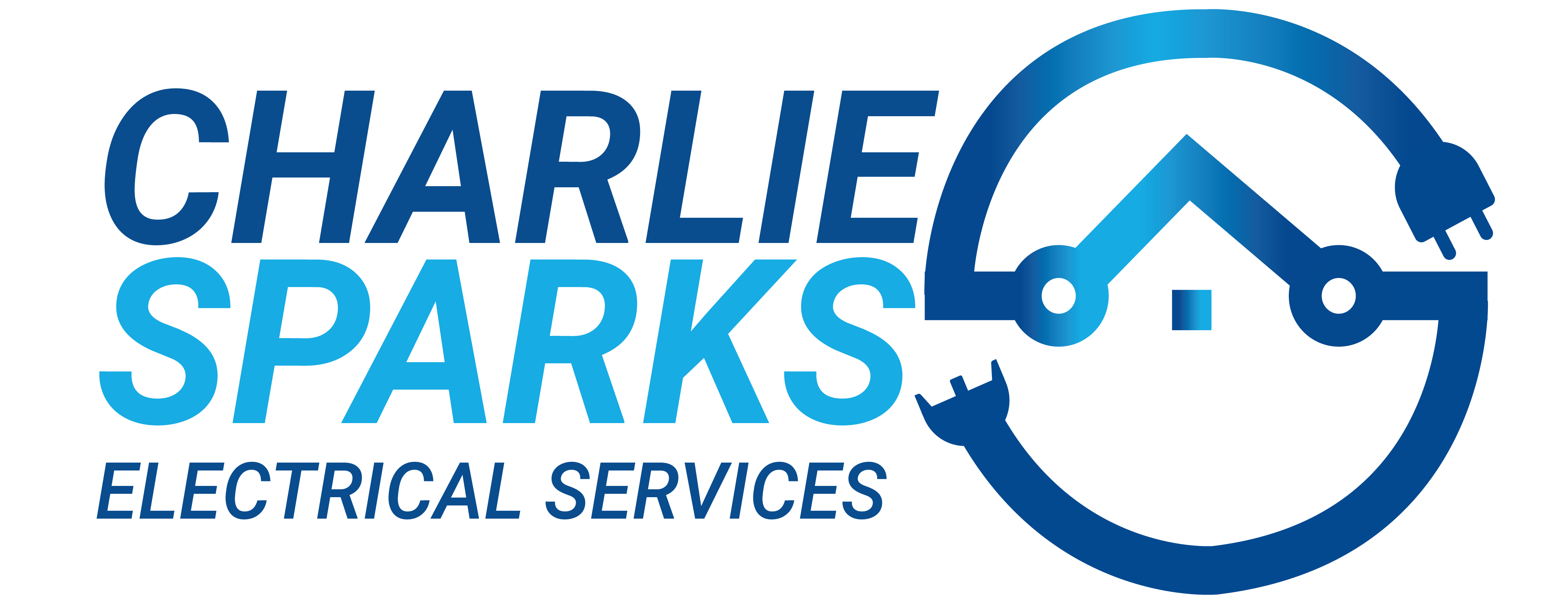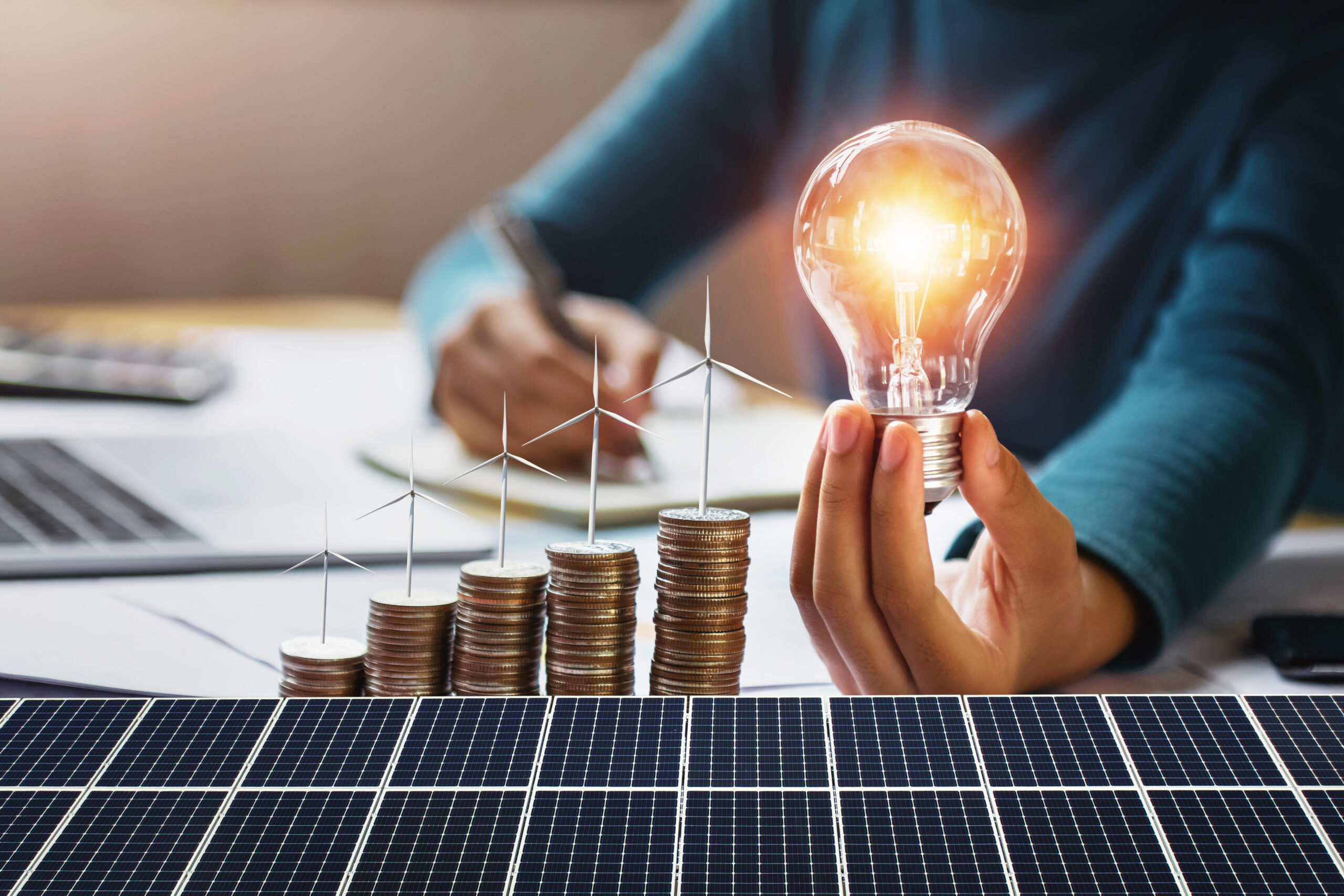Is your house/property still on the grid even after installing a solar power system? Well, if you’re not storing the energy produced by your solar panels, you’re not doing it right.
You can use a part of the energy generated during the daytime to run your appliances and feed the excess back to the grid. But when you look closely, it’s an unfortunate deal.
Enter solar batteries.
A step towards sustainability, solar batteries help store this extra energy for use during nighttime, gloomy weather or whenever the sun is not up.
As a result, you cut down effectively on energy costs and become self-reliant when it comes to energy consumption.
How Can Solar Batteries Help Reduce Energy Costs?
Here’s how you can bring down your energy expenses and save more by installing solar batteries:
Energy Storage
Giving surplus energy back to the grid might seem appealing. But you might not always get the right value for it. So, even though it doesn’t seem like it, you are actually running into losses.
Pairing your solar panels with solar batteries makes room for storing this surplus energy on-site instead of selling it. Thus, you can utilise it to its maximum potential during non-sunny periods and reduce your reliance on the grid significantly, also reducing energy bills.

Time-of-use Optimisation
TOU or Time-of-use Pricing is a real thing. Numerous utility companies have introduced this concept to encourage people to adopt sustainable energy alternatives, especially during peak hours.
The electricity rates vary depending upon the demand — most expensive during peak hours and cheapest during off-peak.
By using the stored energy in solar batteries, you can easily manage to run your household or business operations effectively during peak hours without burning a hole in your pocket. This is called Time-of-use optimisation.
Cut Down Demand Charges
One of the biggest hurdles for business owners is tackling demand charges. These are defined as fees charged by utility companies on non-residential customers based on the highest amount of electricity consumption in a billing cycle (also called “Demand”).
Every utility company has a fixed charge per kW of Demand. Thus, if your highest level of electricity consumed in a month was 200kW and the charge is $20 per kW of Demand, your demand charges for that month will be $4000. This is what you’ll pay besides the basic electricity bill!
Thankfully, solar batteries can roll down such massive charges by shifting your energy source for peak demand. Simply consume the stored power during high-consumption hours and keep your demand charges to the bare minimum.
Energy Independence
The benefits of installing solar batteries go beyond meeting peak-hour demands at affordable costs. When you have stored energy on-site, your property becomes self-reliant and energy independent. More true if you’re using it 24/7/365, with minimum support from the electrical grid.
Hence, a constant flow of energy is supplied to your house even during power outages, eliminating the need for expensive power generators.
You can also increase your electricity consumption without worrying about energy costs.
Types of Solar Batteries — Which Is The Most Affordable?
Solar batteries come in four major types:
Lead-acid Batteries
Most commonly used for residential purposes, lead-acid batteries have two variants: flooded lead acid (FLA) and valve-regulated-lead-acid (VRLA).
These batteries have low energy density but are still pretty effective — performance and cost-wise.
Lithium-ion Batteries
Next to lead-acid, lithium-ion has become the choice of the majority when it comes to solar batteries.
They have a longer lifespan than lead-acid batteries and provide higher energy density — you can store more per kg of weight.

Flow Batteries
Flow batteries have a solid 100% depth of discharge, i.e., you can use the entire amount of energy stored without damaging the battery.
However, these are a tricky business since they consist of two liquid electrolytes flowing between two chambers in the battery. Thus, the space they take up is enormous and the equipment costs a bomb.
Sodium-based Batteries
New in town, sodium-based batteries are sustainable alternatives to lithium-ion batteries. However, being in the early development phase, sodium-based batteries will require some time to get adopted at reasonable prices.
So, which is the most affordable one? Well, the answer depends on your requirements.
Lead-acid and lithium-ion batteries are ideal for residential properties since they provide enough storage capacity for house-scale purposes. While the former is relatively cheaper, the latter comes with costly upfront expenses (purchase and installation).
But this is balanced with lithium-ion battery’s robust performance, low maintenance needs and longer lifespan.
For commercial purposes, flow batteries are ideal. They take up more space, which can be managed easily given you have a large-scale setting.
Nickel-cadmium batteries are also used for non-residential properties. However, they are not environment-friendly and are even banned in many countries.
Bottom Line
Request detailed quotes from different solar installers and compare their pricing structures. Ensure the quotes are transparent, including all costs associated with the installation, equipment, and additional services.
Charlie Sparks Solar provides transparent and competitive pricing, ensuring you understand the investment required for your solar installation.
Conclusion
Choosing the best solar installer for your home is crucial to ensure a successful and efficient solar installation.
You can make an informed decision by researching reputations, checking credentials, and considering factors such as customised design, quality products, and ongoing support.
With the expertise and comprehensive services offered by Charlie Sparks Solar, you can have confidence in your choice of solar installer.
Schedule a consultation to discuss your solar installation needs and take a step towards a more sustainable and cost-effective energy future for your home.
Frequently Asked Questions
The duration of a solar panel installation can vary depending on factors such as the system’s size and complexity. On average, a residential solar installation can take anywhere from a few days to a few weeks.
While shading can affect the performance of solar panels, it doesn’t necessarily mean you can’t install them. A professional solar installer like Charlie Sparks Solar will assess the shading on your roof during the site assessment and provide solutions such as panel placement or optimisation techniques to maximise energy production.
Most solar panels have a lifespan of 25 to 30 years or more. Solar panels can continue to generate electricity efficiently for several decades with regular maintenance and care.




